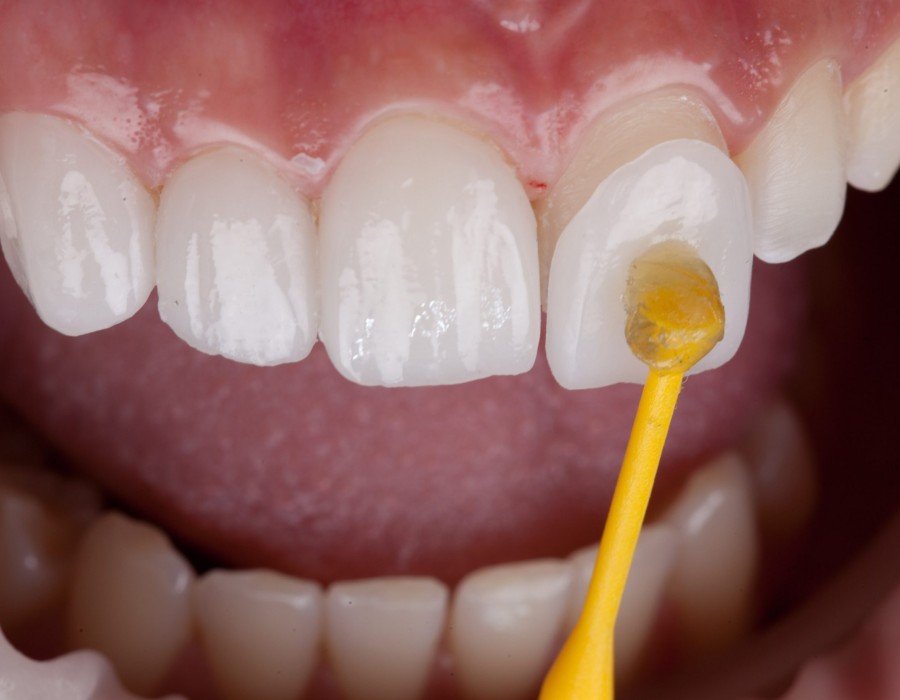Dental Veneers in Dubai are a popular choice for enhancing the appearance of teeth, but maintaining them requires proper aftercare to ensure their longevity and continued effectiveness. This article outlines essential aftercare practices and maintenance tips to help preserve the appearance and functionality of dental veneers.
Oral Hygiene Practices
Brushing and Flossing
Maintaining good oral hygiene is crucial for the longevity of dental veneers and the health of your natural teeth. Brush your teeth twice a day using a soft-bristled toothbrush and fluoride toothpaste. Be sure to brush gently to avoid damaging the veneers. Floss daily to remove plaque and food particles from between your teeth and along the gum line.
Avoid Abrasive Toothpaste
While brushing is important, using abrasive toothpaste can potentially damage the surface of dental veneers. Opt for a non-abrasive, fluoride toothpaste to clean your veneers without causing scratches or wear. Consult your dentist for recommendations on suitable toothpaste for veneer care.
Mouthwash Use
Using an alcohol-free mouthwash can help maintain oral hygiene without affecting the veneers. Alcohol-based mouthwashes may contribute to the deterioration of the bonding material used for veneers. Choose a mouthwash that is gentle on both veneers and natural teeth.
Dietary Considerations
Avoiding Staining Foods and Drinks
Certain foods and beverages, such as coffee, tea, red wine, and berries, can stain both natural teeth and veneers. Although porcelain veneers are resistant to staining, composite resin veneers may be more susceptible. Limiting the consumption of these staining substances can help maintain the appearance of your veneers.
Avoiding Hard or Sticky Foods
To prevent damage to your veneers, avoid chewing hard or sticky foods that could potentially chip or crack them. Foods like ice, hard candies, and sticky candies should be consumed with caution. Cutting food into smaller pieces and chewing with your back teeth can help protect your veneers.
Using a Mouthguard
If you participate in contact sports or grind your teeth at night, consider using a mouthguard to protect your veneers from potential damage. A custom-fitted mouthguard can help prevent injuries and reduce the risk of wear and tear on your veneers.
Regular Dental Check-Ups
Routine Visits
Regular dental check-ups are essential for monitoring the condition of your veneers and overall oral health. Schedule visits with your dentist at least every six months for professional cleanings and examinations. Your dentist can identify any issues with your veneers and provide necessary treatments or adjustments.
Professional Cleaning
Professional cleanings by a dental hygienist are important for maintaining oral hygiene and preventing plaque buildup. During these visits, your dentist will also check the condition of your veneers and ensure they are in good shape.
Addressing Issues Promptly
If you notice any changes in the appearance or feel of your veneers, such as chipping, loosening, or discomfort, contact your dentist promptly. Early intervention can help address issues before they become more serious and prevent further damage.
Long-Term Maintenance
Monitoring Wear and Tear
Over time, veneers may experience wear and tear due to normal use. Regular monitoring of their condition can help detect any signs of wear, such as dullness or changes in color. Your dentist can provide advice on maintaining the appearance and functionality of your veneers.
Replacing Veneers
While dental veneers are durable, they may need to be replaced eventually due to natural wear or changes in your oral health. If your veneers become damaged or show signs of significant wear, your dentist can recommend replacement options to ensure you continue to achieve the desired aesthetic result.
Maintaining Overall Oral Health
The health of your natural teeth and gums is closely linked to the condition of your veneers. Maintaining overall oral health through proper hygiene, a balanced diet, and regular dental visits will help ensure that your veneers remain in optimal condition.
Conclusion
Proper aftercare and maintenance are key to preserving the appearance and functionality of dental veneers. By following good oral hygiene practices, being mindful of dietary choices, and scheduling regular dental check-ups, you can enjoy the benefits of your veneers for many years to come. Investing time and effort into maintaining your veneers will contribute to a beautiful and healthy smile.





Comments